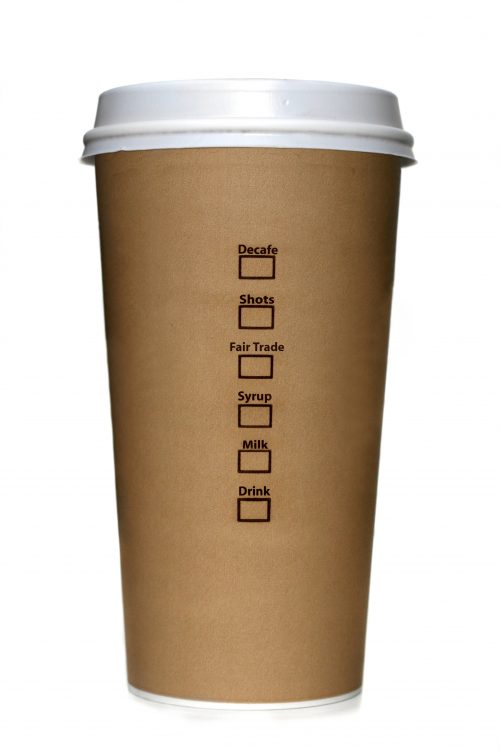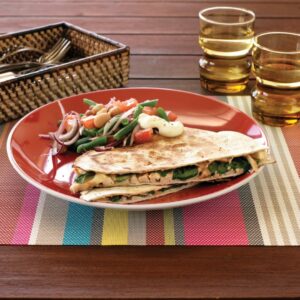
It's a term we see a lot on labels. But what exactly is fair trade, and what fair trade food choices are available in NZ?
Defining fair trade
There are many lengthy and convoluted definitions of fair trade, involving lots of words like 'dialogue', 'transparency' and 'respect', but the clearest definition goes something like this:
Fair trade is a term used to describe a social-responsibility movement in which farmers and their employees are treated and paid fairly, sustainable environmental practices are followed, and long-term trade relationships are fostered; it also describes products that are produced by these farmers.
Why buy fair trade?
People choose fair trade products over free trade products for many reasons. It's a conscience decision, like choosing to use eco-bags at the supermarket.
Here's a summary of the key principles of fair trade:
Levelling the playing field:
Fair trading practices aim to reduce poverty and encourage sustainable development. Fair trade organisations create opportunities for producers who have been disadvantaged by the conventional trading system.
Encouraging openness and honesty:
Fair trade involves transparent management and commercial relations, so that dealings are fair and people are treated with respect.
Developing meaningful, long-term relationships:
Fair trade is a means to develop producers' independence. Long-term relationships allow producers and their marketing organisations to improve their management skills.
Paying a fair price:
A fair price considers the total costs of production; it also enables production which is socially just and environmentally sound. For example, it takes into account the principle of equal pay for equal work by women and men. Fair traders must pay producers promptly and, whenever possible, help producers with pre-harvest or pre-production financing.
Supporting healthy, safe working conditions
Fair trade promotes a safe and healthy working environment for producers, and this philosophy extends to children. Fair trade organizations respect the UN Convention on the Rights of the Child to ensure that the participation of children in production processes of fair trade products does not adversely affect their well-being, security, educational requirements and need for play.
In addition, fair trade actively encourages better environmental practices and responsible, sustainable methods of production.
Recognising a fair trade product
In NZ, fair trade products are identified by the Fairtrade label. Items that carry this label must meet independently monitored international fair trade standards.
The Fairtrade guarantee to consumers is backed by a certification and trade audit system that applies to every link in the supply chain. This chain includes producers, importers and licensees, who are licensed to apply the Fairtrade label to packaged products and sell them into the market. Currently 22 NZ companies are licensed to carry the Fairtrade brand.
A growing trend
Steve Knapp, director of the Fair Trade Association for Australia and New Zealand, has figures to show that the demand for fair trade products is "growing massively". Retail sales of fair trade products in 2005 were in excess of $2 million.
And fair trading is a global trend. In Britain, the ethical foods market – organic, free-range or fair trade foods – has grown by 6% over the past four years, and is forecast to be worth £2 billion ($5.7 billion) this year.
Where to buy?
Trade Aid stores: Trade Aid stores are found throughout NZ.
Other outlets: Due to the growing demand for fair trade products, supermarkets and retail outlets around NZ are regularly adding more fair trade items to their shelves.
www.healthyfood.com











